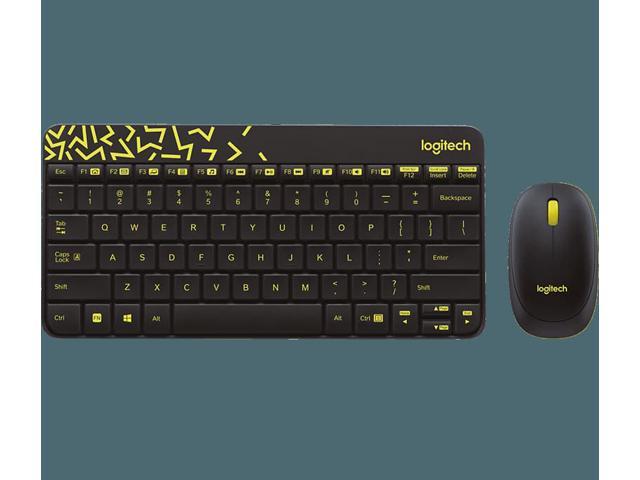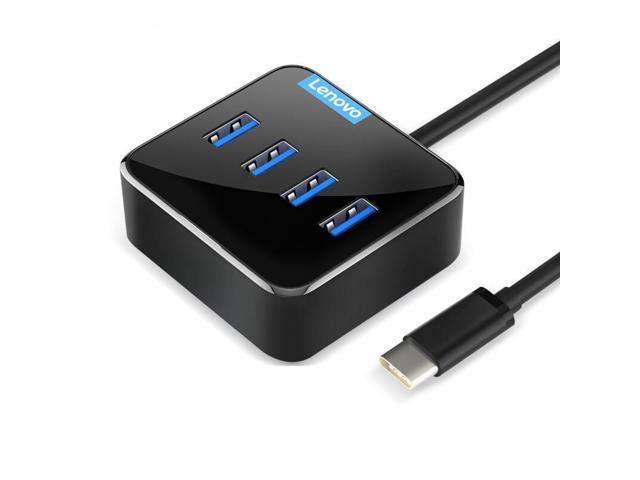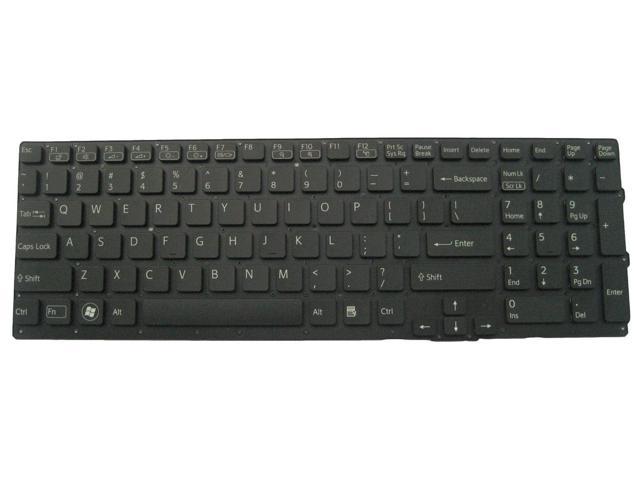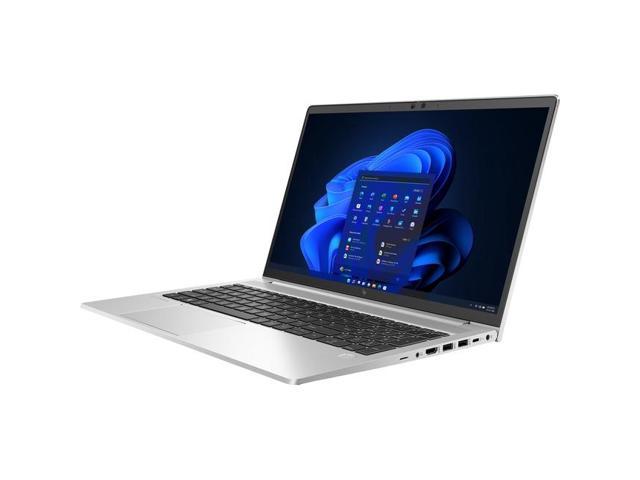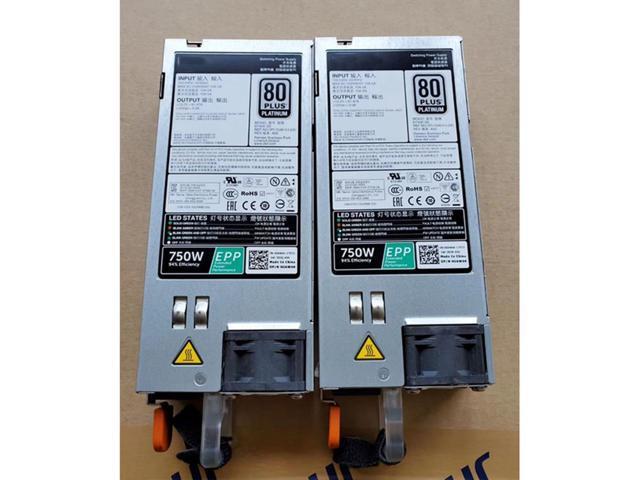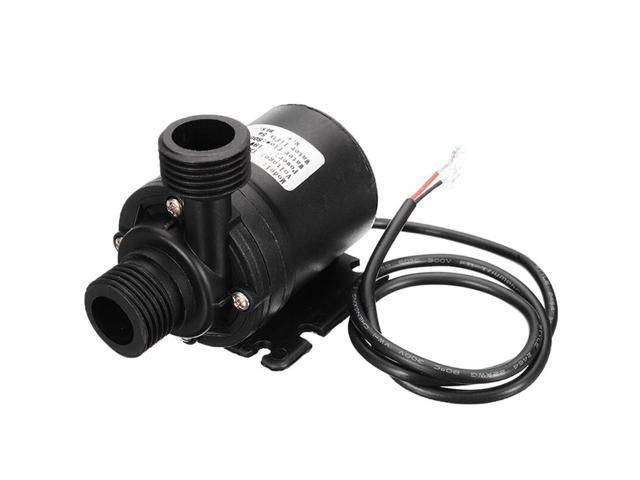With the development of silicon technologies, consumer electronics (CE) devices (such as personal computers, HDTV, mobile phones, digital cameras and game consoles) have become ubiquitous in daily life. These devices can provide multimedia sources for entertainment, communication, and so on. To interact with this equipment, consumers currently rely on devices such as remote controls, keyboards or control panels, which are often inconvenient, ambiguous and non-interactive. The question of how to design user interfaces for CE products that enable natural, intuitive and fun interaction is one of the main challenges the CE industry is facing. Many companies and institutes are working on advanced user interfaces.
User interface technologies has been studied in various disciplines for decades. Considering that modern CE products are usually supplied with both microphones and cameras, the challenge to employ both audio and visual information in interactive multimedia has recently received much attention in both academia and industry. Yet interactive multimedia is still an under-explored field. Many challenges exist when moving to multimodal interaction, for example: how to annotate and search huge amounts of data acquired by using multiple sensors, especially in the unconstrained end-user environments; how to effectively extract and select representative multimedia features for human behavior recognition; and how to select the fusion strategy of multimodal data for a given application. To address these challenges, existing approaches must be adapted or new solutions suitable for multimedia interaction must be found.
This book brings together high-quality and up-to-date research advances in the areas of multimedia interaction, user interfaces, and applications of consumer electronics.





